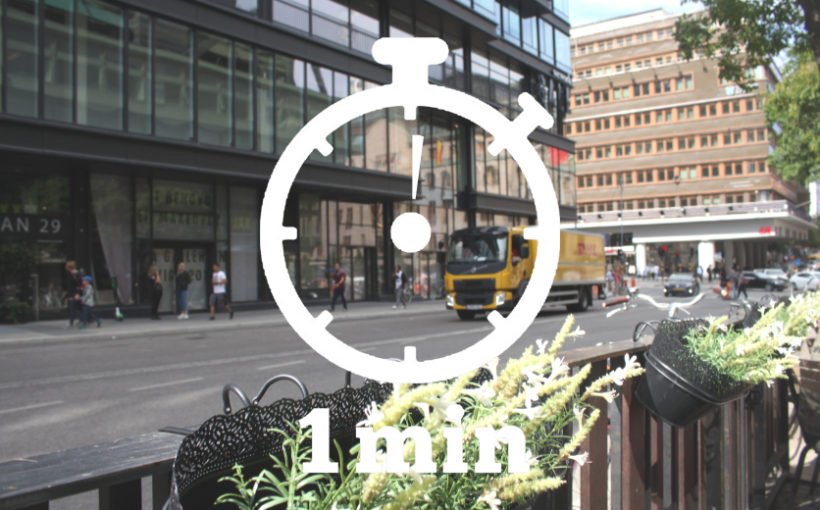(*bheue- )
*bheuə-, also *bheu-, Proto-Indo-European root meaning "to be, exist, grow."
Nearly every language interprets that root in different ways. Here are some examples: It is the hypothetical source of/evidence for its existence is provided by: Sanskrit bhavah "becoming," bhavati "becomes, happens," bhumih "earth, world;" Greek phyein "to bring forth, make grow," phytos, phyton "a plant," physis "growth, nature," phylon "tribe, class, race," phyle "tribe, clan;" Old English beon "be, exist, come to be, become, happen;" Old Church Slavonic byti "be," Greek phu- "become," Old Irish bi'u "I am," Lithuanian būti "to be," Russian byt' "to be."
========================================================================
A further update on the One-Minute City projects I’m working on here in Sweden. Building on the coverage in Bloomberg CityLab, Fast Company wrote about the project recently:
And then a great, thoughtful piece in The Guardian covering the project as it extends to Gothenburg and Helsingborg:




No comments:
Post a Comment